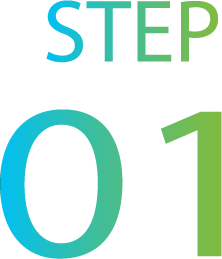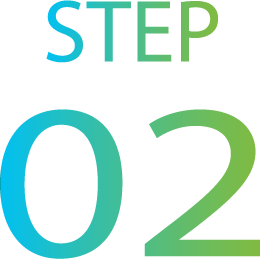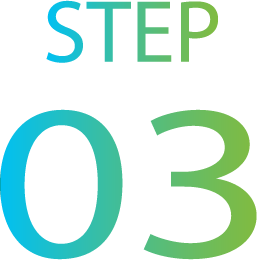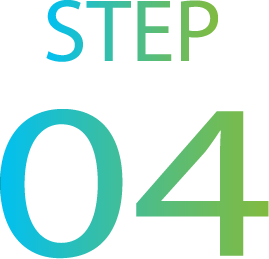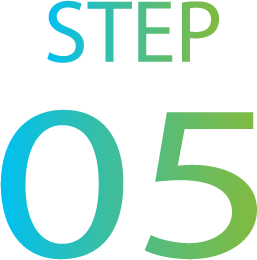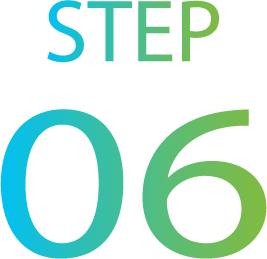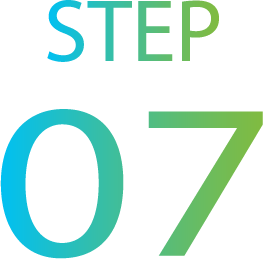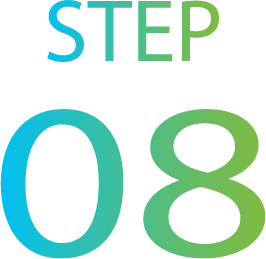What is TMS Therapy?
Transcranial Magnetic Stimulation (TMS) Therapy is a safe and effective treatment that uses MRI strength pulses to treat the cause of mood disorders like depression. Unlike medication, which only treats symptoms, TMS Therapy strengthens the network in your brain that regulates your mood, and how you think, feel and act.
During outpatient, non-invasive sessions, TMS treatments encourage positive brain activity to reconnect these networks, helping to create long-term relief from depression and often other mood disorders.
How does TMS Therapy work?
TMS Therapy strengthens the Salience Network, which regulates your thoughts, behaviors, and emotions. This network’s deficiency – or lack of communication between your neurotransmitters – often results in depression symptoms, as well as symptoms of other mood disorders.
Many patients see improvement in other symptoms besides depression, often finding benefit in their anxiety, sleep, and motivation.
Benefits of TMS Therapy
Learn what depression looks like inside the brain and how TMS Therapy reconnects it.

Safe and Effective
TMS Therapy safely uses MRI strength pulses to increase communication and connectivity to improve neural activity within the salience network.
By restoring this network, or improving communication between your neurotransmitters, people experience improvement with their depression and often symptoms associated with anxiety, PTSD, sleep, attention, and cognition.
TMS was FDA approved in 2008 for treatment-resistant depression and in 2020 for OCD, providing a more effective treatment option for patients with complex health problems. It is covered by most insurance carriers for the treatment of Major Depressive Disorder.
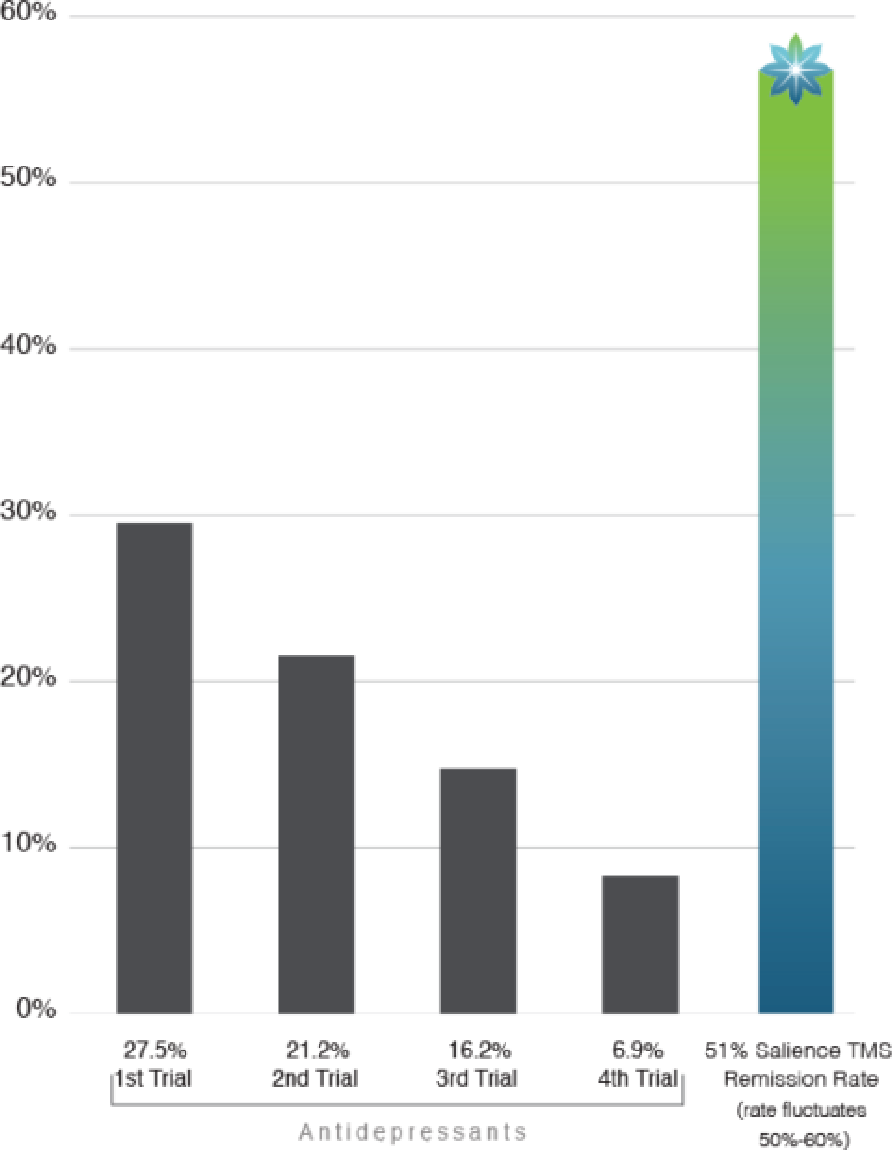
Patient Success
Within seven weeks of rTMS treatment, approximately 75% of our patients experience greater than 50% improvement with their depressive symptoms.
Since 2011, 50-60% of our patients have reported reaching remission within seven weeks.
Salience is a leading clinical expert in TMS Therapy. Our highly trained treatment team has performed over 500,000 treatments to date.
Steps to TMS Therapy
TMS Education
Your Salience Health Provider may have indicated that you learn about TMS Therapy and how it works so that you are well informed of all treatment options that are available to you. This TMS education is 3-5 minutes long with a Salience Health Care Navigator and usually just covers how TMS works clinically.
TMS Consultation
A TMS consultation is when your Salience Health provider has indicated that it is time for you to start TMS Therapy and that it is clinically the best treatment option for you. You will need to have a full consultation (15-45 min) with a Salience Health Care Navigator, these consultations can be done virtually, and you are welcome to include a supportive person that is a friend or family member. The Care Navigator will answer all your questions and if you choose to proceed, will collect the necessary information so that they can coordinate with your insurance carrier for approval. Your Care Navigator will also explain all options for payment and coverage before treatment as well as communicate with your Salience Health provider every step of the way.
Insurance Coverage Approved
Once your insurance coverage is approved for TMS, your Care Navigator will provide your estimated out-of-pocket cost (if any) and schedule a date for you to start TMS Therapy.
First Day of Treatment
The first day will take longer than most as this is the day that your Salience Health provider will determine the treatment settings that are appropriate for you. TMS therapy is not a one size fits all treatment, the strength and location of your TMS Treatment is unique to you and will be determined by a painless process that will be navigated through reflex testing and measurements based on your cranial anatomy. After your settings are found, you will have your first treatment, and any adjustments that are needed for your comfort will be made.
Treatment GuIde
You will also receive your TMS Therapy Treatment Guide on your first day which will provide you with additional information on your TMS treatment as well as Nutrition, Exercise, Sleep and Therapy information that can help you achieve the most benefit from your TMS Therapy course of treatment. In addition, you will meet your treatment team and work with them to set your treatment schedule.
TMS Therapy Treatment Course
Your Treatment Coordinator will be using your prescription to treat you each day. Each treatment session lasts roughly 11-20 minutes, depending on your prescription. During sessions, you’ll recline in a comfortable chair with a small magnetic coil resting lightly on your forehead. Your Treatment Coordinator will be talking to you and asking questions regarding your progress on your TMS comprehensive care plan. Your Treatment Coordinator will provide progress notes to your Salience Health provider and any other provider you would like us to include in your care. There’s little to no downtime, and you can drive yourself to and from treatments.
Adjustments during Treatment Course
Your Salience Health provider may indicate that your treatment settings or location needs to be modified to improve response and will work with your Treatment Coordinator if changes are necessary. The number of TMS therapy treatments required to reach remission can vary for each patient. Patients may need more or less than the indicated 36 treatments to achieve remission.
Complete Treatment Course
At the end of your treatment course, you will be given an additional packet of information to help maintain your success from treatment, as well as help you monitor any symptoms that indicate your depression may be returning.
Salience TMS
Neuro Solutions
Salience TMS Neuro Solutions is our proud partner in the delivery of transcranial magnetic stimulation (TMS) therapy. TMS therapy is an advanced, alternative treatment option for patients suffering from depression for which medication has proved ineffective. TMS therapy gives new hope to patients who want to reduce or possibly eliminate the use of prescription medication in the treatment of their depression.
